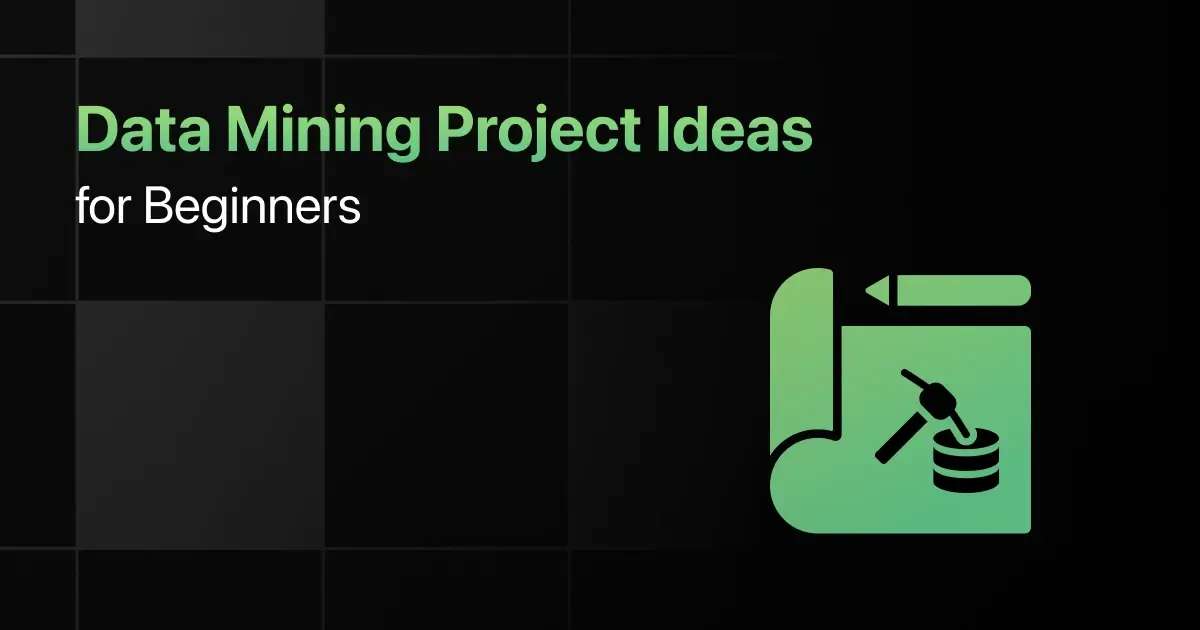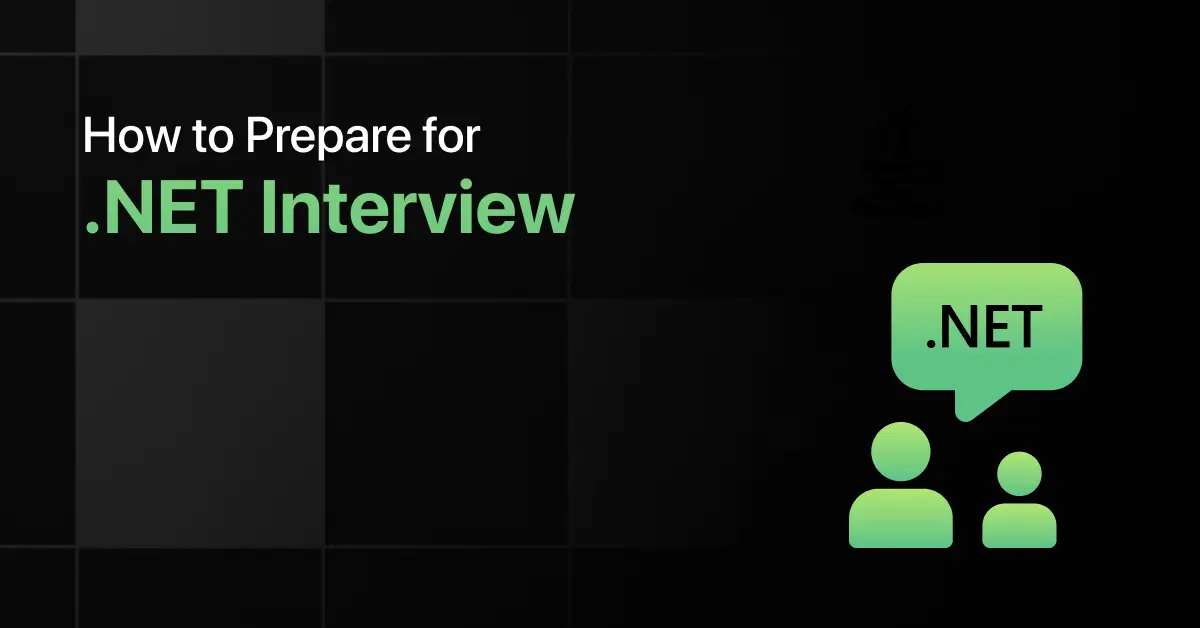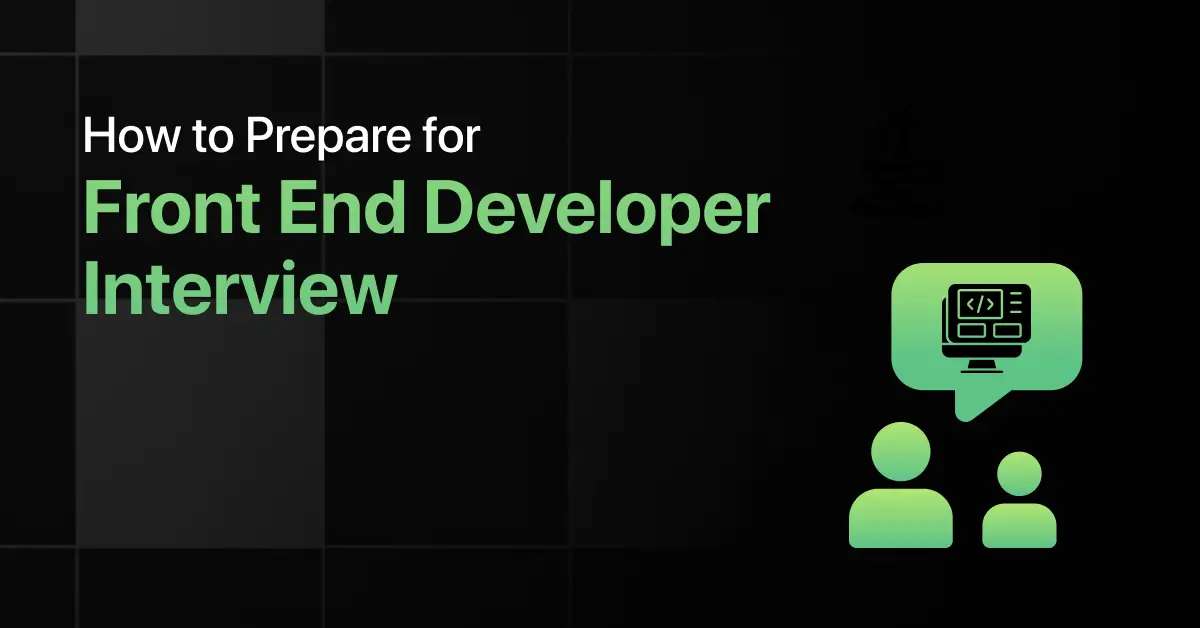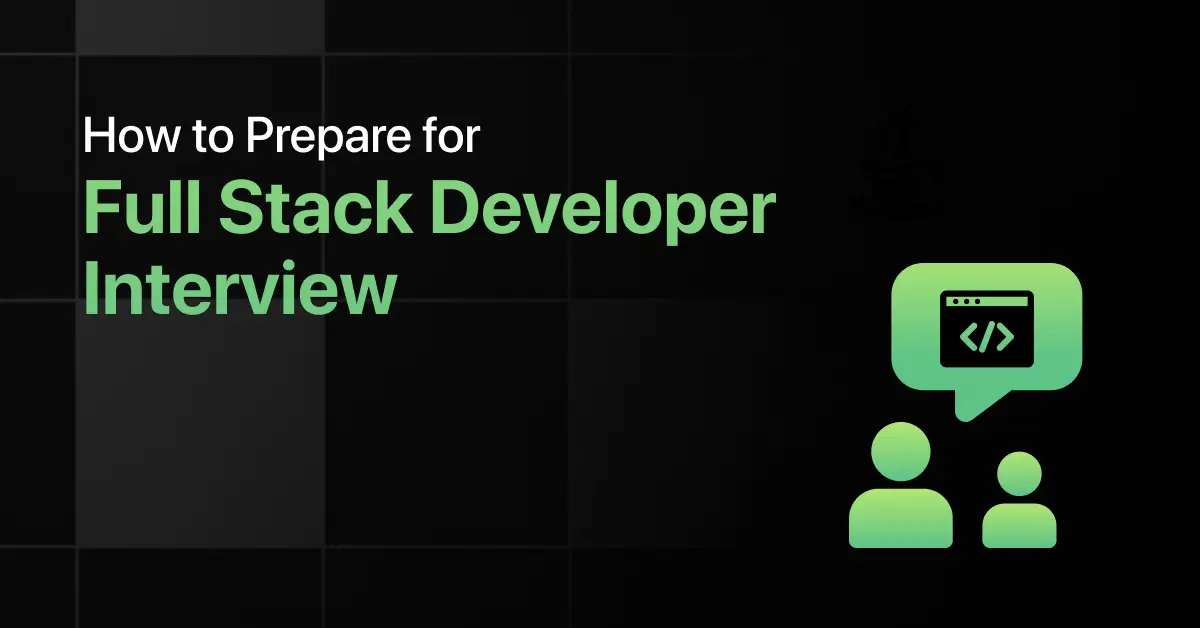Best Data Mining Project Ideas for Beginners

Are you interested in mastering Data Mining? But, do you need help figuring out how and where to start? We have got you covered!
The data mining domain is always filled with innovation and tools. It is a fact, that many people are looking for jobs in this field. Thus, making a great unique portfolio plays a vital role.
Read the article to understand all the technical aspects of the top 10 Data mining projects.
10 Beginner-Friendly Data Mining Project Ideas – Overview
Here’s an overview of the 10 best data mining projects for beginners:
| S.No. | Project Title | Complexity | Estimated Time | Source Code |
|---|---|---|---|---|
| 1 | Social Media Trend Analysis | Easy | 20 hours | View Code |
| 2 | Music Recommender System | Easy | 20 hours | View Code |
| 3 | Video Game Analytics | Easy | 20 hours | View Code |
| 4 | Real-Time Traffic Analysis | Easy | 30 hours | View Code |
| 5 | Classify Income Data | Easy | 30 hours | View Code |
| 6 | Analyze Crime Rates | Medium | 35 hours | View Code |
| 7 | Text Mining | Medium | 40 hours | View Code |
| 8 | Health Status Prediction | Medium | 40 hours | View Code |
| 9 | Anomaly Detection in Cloud Servers | Medium | 40 hours | View Code |
| 10 | Credit Scoring | Medium | 40 hours | View Code |
Top 10 Data Mining Projects for Beginners
Below are the top 10 simple data mining projects for beginners:
1. Social Media Trend Analysis
This project involves developing a platform to analyze social media data to understand trends, user engagement, and content performance.
You will learn to handle large datasets and perform complex data analysis and visualization techniques in the context of big data.
Duration: 20 hours
Project Complexity: Easy
Learning Outcome: Understanding of data collection, processing, and visualization in big data environments.
Portfolio Worthiness: Yes
Required Pre-requisites:
- Basic understanding of databases and data structures
- Familiarity with a programming language suitable for data analysis (e.g., Python, Scala)
- Knowledge of big data platforms (e.g., Hadoop, Spark)
Resources Required:
- Big data processing tools (e.g., Apache Hadoop, Spark)
- Data visualization libraries (e.g., Matplotlib, Seaborn for Python)
- Access to social media APIs for data collection
Real-World Application:
- Marketing strategy development based on user data
- Real-time social media monitoring and reporting
2. Music Recommender System
This project involves developing a system that suggests music tracks to users based on their listening habits and preferences.
You will learn to apply machine learning algorithms for personalized recommendations and handle user data at scale.
Duration: 20 hours
Project Complexity: Easy
Learning Outcome: Understanding of collaborative filtering, machine learning integration, and big data processing.
Portfolio Worthiness: Yes
Required Pre-requisites:
- Proficiency in a programming language like Python or Java
- Basic knowledge of machine learning concepts
- Familiarity with data processing frameworks (e.g., Spark)
Resources Required:
- Machine learning libraries (e.g., Scikit-learn, TensorFlow)
- Big data tools (e.g., Apache Spark)
- Dataset of music listening history (e.g., Last.fm dataset)
Real-World Application:
- Enhancing user engagement on music streaming platforms
- Personalized content delivery in digital media services
3. Video Game Analytics
This project focuses on analyzing player data from video games to gain insights into player behavior, game performance, and retention strategies.
You will learn to process and analyze large datasets using big data tools and techniques to draw actionable insights.
Duration: 20 hours
Project Complexity: Easy
Learning Outcome: Understanding of user behavior analysis, event tracking, and data visualization in a gaming context.
Portfolio Worthiness: Yes
Required Pre-requisites:
- Basic understanding of data analytics principles
- Proficiency with big data technologies (e.g., Hadoop, Spark)
- Knowledge of a programming language commonly used in data science (e.g., Python, R)
Resources Required:
- Big data analysis tools (e.g., Apache Spark)
- Data visualization tools (e.g., Tableau, PowerBI)
- Access to gaming data or simulation outputs
Real-World Application:
- Improving game design based on player feedback and behavior
- Targeted marketing and promotion strategies based on player data analysis
4. Real-Time Traffic Analysis
This project involves developing a system to analyze and visualize traffic data in real-time, helping to optimize traffic flow and reduce congestion.
You will learn to work with streaming data, implement real-time analytics, and use geospatial information effectively.
Duration: 30 hours
Project Complexity: Easy
Learning Outcome: Understanding of real-time data processing, streaming analytics, and geospatial data handling.
Portfolio Worthiness: Yes
Required Pre-requisites:
- Proficiency in a programming language suitable for data processing (e.g., Python, Java)
- Understanding of streaming data platforms (e.g., Apache Kafka, Apache Flink)
- Basic knowledge of geospatial data analysis
Resources Required:
- Real-time data streaming tools (e.g., Apache Kafka, Apache Flink)
- Geospatial data processing libraries (e.g., GeoPandas for Python)
- Access to real-time traffic data sources
Real-World Application:
- Traffic management and congestion prediction systems
- Urban planning and infrastructure development based on traffic patterns
5. Classify Income Data
This project involves building a system that can classify large datasets into predefined categories based on their attributes using machine learning algorithms.
You will learn to preprocess data, apply supervised learning techniques, and evaluate the accuracy of your models.
Duration: 30 hours
Project Complexity: Easy
Learning Outcome: Understanding of data preprocessing, machine learning model training, and classification algorithms.
Portfolio Worthiness: Yes
Required Pre-requisites:
- Basic understanding of machine learning concepts
- Proficiency in a programming language commonly used for data science, like Python
- Familiarity with machine learning libraries (e.g., scikit-learn)
Resources Required:
- Machine learning libraries (e.g., scikit-learn, TensorFlow)
- A dataset for classification (can be sourced from public data repositories like UCI Machine Learning Repository)
- Code editor and computational resources to handle data processing
Real-World Application:
- Automated sorting of customer feedback into categories for business insights
- Email filtering systems to classify messages based on content and sender
6. Analyze Crime Rates
This project involves creating a system to analyze historical crime data to identify trends, hotspots, and potential predictors of crime.
You will learn to apply statistical analysis, geospatial data handling, and predictive modeling to understand and forecast crime patterns.
Duration: 35 hours
Project Complexity: Medium
Learning Outcome: Understanding of time series analysis, geospatial analysis, and predictive modeling techniques.
Portfolio Worthiness: Yes
Required Pre-requisites:
- Proficiency with data analysis tools and languages, particularly Python or R
- Basic understanding of statistical modeling and machine learning
- Familiarity with geospatial data tools (e.g., QGIS, ArcGIS)
Resources Required:
- Statistical and geospatial analysis software (e.g., R, Python with libraries like pandas, GeoPandas)
- Access to crime data sets (publicly available or through official channels)
- Computational resources to process large data sets
Real-World Application:
- Enhancing public safety by informing law enforcement strategies
- Urban planning and policy-making based on crime analysis insights
7. Text Mining
This project involves developing a system to extract meaningful information from large volumes of text data, such as social media posts, news articles, or scientific papers.
You will learn to apply natural language processing (NLP) techniques to analyze, understand, and derive insights from textual content.
Duration: 40 hours
Project Complexity: Medium
Learning Outcome: Understanding of NLP techniques like sentiment analysis, topic modeling, and entity recognition.
Portfolio Worthiness: Yes
Required Pre-requisites:
- Proficiency in a programming language, typically Python, due to its strong NLP library support
- Basic understanding of NLP concepts and techniques
- Familiarity with machine learning libraries and frameworks (e.g., NLTK, spaCy, TensorFlow)
Resources Required:
- NLP libraries (e.g., NLTK, spaCy, Gensim)
- Access to text data sets (e.g., Tweets, academic articles, news feeds)
- Code editor and sufficient computational resources
Real-World Application:
- Enhancing customer support through sentiment analysis of feedback and reviews
- Improving information retrieval systems for better data accessibility
8. Health Status Prediction
This project involves developing a system to predict health outcomes based on patient data and historical health records.
You will learn to use machine learning techniques to identify patterns and predict future health events, such as disease risks or recovery outcomes.
Duration: 40 hours
Project Complexity: Medium
Learning Outcome: Understanding of predictive modeling, data preprocessing, and machine learning in the context of healthcare.
Portfolio Worthiness: Yes
Required Pre-requisites:
- Proficiency in a programming language commonly used for data science, such as Python
- Basic knowledge of machine learning concepts and models
- Understanding of data handling and preprocessing techniques
Resources Required:
- Machine learning libraries (e.g., scikit-learn, TensorFlow)
- Access to anonymized patient datasets or healthcare records
- Code editor and computational resources capable of handling large datasets
Real-World Application:
- Enhancing patient care by predicting disease onset and suggesting preventive measures
- Optimizing healthcare resources by forecasting patient needs and outcomes
9. Anomaly Detection in Cloud Servers
This project involves developing a system to monitor cloud server activities and detect anomalies that could indicate security threats or system failures.
You will learn to apply statistical models and machine learning algorithms to identify unusual patterns and behaviors in server data.
Duration: 40 hours
Project Complexity: Medium
Learning Outcome: Understanding of anomaly detection techniques, time series analysis, and real-time data processing.
Portfolio Worthiness: Yes
Required Pre-requisites:
- Proficiency in a programming language suitable for data analysis, such as Python
- Basic understanding of machine learning and statistical analysis
- Familiarity with cloud computing environments and server log data
Resources Required:
- Machine learning and data processing libraries (e.g., TensorFlow, Keras, Pandas)
- Access to server log data or simulated data
- Computational resources capable of handling high-volume data streams
Real-World Application:
- Enhancing cybersecurity in cloud environments by early detection of potential threats
- Improving system reliability through proactive monitoring and maintenance
10. Credit Scoring
This project involves developing a model to assess the creditworthiness of individuals based on their financial history and other relevant data.
You will learn to apply machine learning techniques to predict the probability of default, which helps financial institutions make informed lending decisions.
Duration: 40 hours
Project Complexity: Medium
Learning Outcome: Understanding of supervised machine learning, feature engineering, and model validation in the context of financial risk assessment.
Portfolio Worthiness: Yes
Required Pre-requisites:
- Proficiency in a programming language like Python, especially with libraries for data science and machine learning (e.g., scikit-learn, pandas)
- Basic knowledge of statistical analysis and probability
- Understanding of financial concepts related to credit and lending
Resources Required:
- Machine learning libraries (e.g., scikit-learn, TensorFlow)
- Datasets related to financial behavior (e.g., loan repayment histories, credit card usage)
- Code editor and computational power for model training and testing
Real-World Application:
- Improving loan approval processes by accurately assessing borrower risk
- Reducing financial losses by identifying high-risk applicants before granting credit
Final Words
Data mining mini-projects for beginners can help you build a strong portfolio to ace technical interviews in big data analysis and data engineering.
Based on your experience and understanding of these data mining ideas for beginners, you can develop them to suit your requirements.
Explore More Project Ideas
- Python
- Java
- C Programming
- HTML and CSS
- React
- JavaScript
- PHP
- C++
- DBMS
- SQL
- Excel
- Angular
- Node JS
- DSA
- Django
- Power BI
- R Programming
- Operating System
- MongoDB
- React Native
- Golang
- Matlab
- Tableau
- .Net
- Bootstrap
- C#
- Next JS
- Kotlin
- jQuery
- React Redux
- Rust
- Shell Scripting
- Vue JS
- TypeScript
- Swift
- Perl
- Scala
- Figma
- RPA
- UI/UX
- Automation Testing
- Blockchain
- Cloud Computing
- DevOps
- Selenium
- Internet of Things
- Web Development
- Data Science
- Android
- Data Analytics
- Front-End
- Back End
- MERN Stack
- Big Data
- Data Engineering
- Full Stack
- MEAN Stack
- Artificial Intelligence
- Machine Learning
- Arduino
- Cyber Security
- Raspberry Pi
- Spring Boot
- NLP
- Embedded Systems
- Computer Network
- Game Development
- Flask
- Data Visualization
- Ethical Hacking
- Computer Vision
- AWS
FAQs
Some easy data mining project ideas for beginners are:
- Social media trend analysis
- Traffic Analysis
- Health status prediction
- Video Game Analytics
Data mining projects are important for beginners as they provide hands-on experience in applying theoretical knowledge to real-world datasets.
From data mining projects, beginners can learn essential skills such as data preprocessing, feature selection, algorithm implementation, model evaluation, and interpretation of results.
A simple Social media trend analysis data mining project is recommended for someone with no prior programming experience.
It typically takes 35 hours to complete a beginner-level data mining project.
Related Posts


How to Prepare for .Net Interview
Are you preparing for a .NET interview but not sure which topics to prioritize? Many candidates struggle to balance C# fundamentals, …
Warning: Undefined variable $post_id in /var/www/wordpress/wp-content/themes/placementpreparation/template-parts/popup-zenlite.php on line 1050









